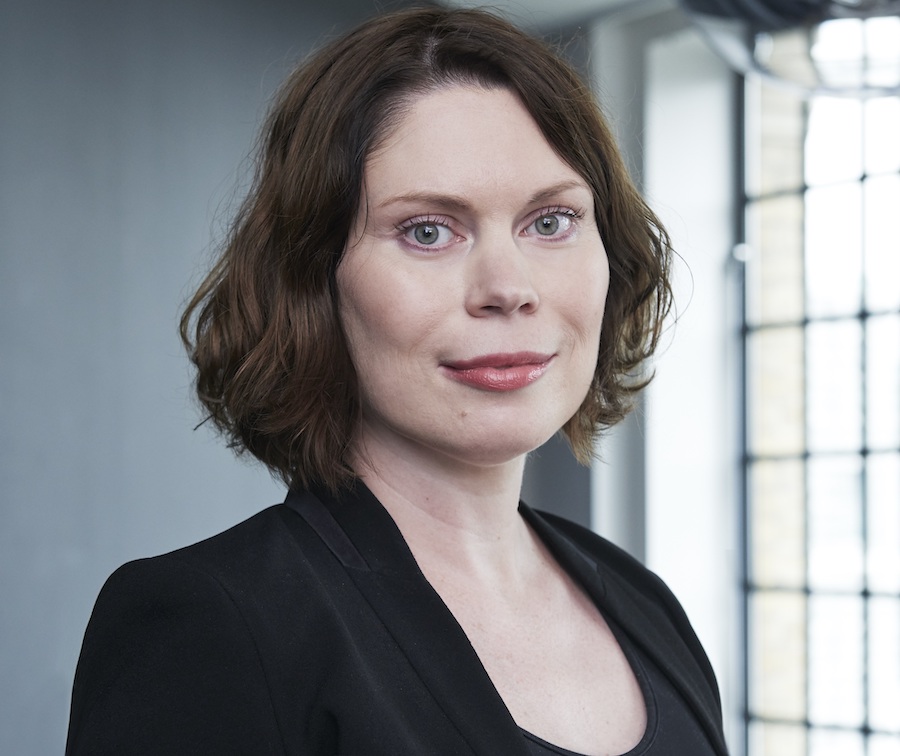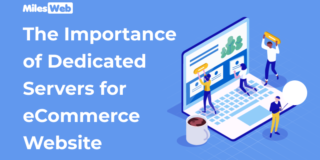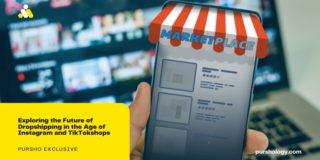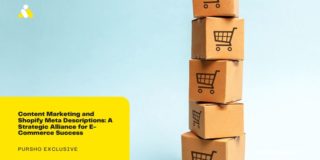We recently caught up with Sarah Baumann, Managing Director at VaynerMedia, to find out more about her role, and how Covid-19 has impacted day-to-day working life.
Please describe your job: What do you do?
I’m Managing Director at VaynerMedia London. We are an independent full-service creative and media agency. We’re also a very young agency (four years in London, 10 years globally) and I’ve been at VaynerMedia for one year.
We are founded on very different principles and have our own beliefs and approach to how modern marketing should work, based on the ideas and experiences of Gary Vaynerchuk. So, I’m constantly on a mission to deliver that and bring to market our new ideas and products. I work closely with our clients and our teams to always push the business outcomes we need, through a ruthlessly audience-driven approach and creative that reflects culture. I also think a lot about talent and our people – I want to bring in the best, most curious and ambitious people from a wide range of backgrounds and create the environment where they can build something new.
How has your typical day been impacted in the short term by the pandemic?
Typical day – what is that? I have two daughters (four and nine years old) who have been at home throughout. All of the things we have been conditioned to do as working parent ‘best practice’ have been turned on their heads (don’t be on your phone, ‘be present’ when you’re with them…yeah right!). It’s mayhem and as all working parents are finding out, not that easy switching between managing director and mum in a millisecond. But I’m still doing all the things that we did when we were in the office – talking to clients, pitching, developing new campaigns, doing reviews, hiring (thank goodness it is hiring, and not firing or furloughing). The remote working transition was easy as we already used Slack and Google Docs, but things do just take a little bit longer, and are just that little bit harder when you’re not all together.
Ironically, it’s brought me closer to my colleagues and leadership team in New York, and sister offices in LA and Singapore. Many great things and great ideas have come out of the weird and terrifying situation we’re all in. We’re a company that’s used to adapting quickly – but it has brought out the best in people.
What are your favourite tools and techniques to help you get your work done at the moment?
I have my league of favourite video-call platforms. Right now, Zoom is top, Teams is bottom. Daily leadership meetings followed by departmental stand ups are probably the most fundamental things keeping us going right now – as are Slack, WhatsApp and Google slides. We also turned our Friday afternoon All Hands stand up into a hangout which has translated surprisingly well, retaining all its customary anarchy.
In terms of techniques – health and wellbeing are top of mind. We have mindfulness sessions three times a week, one of our media analysts runs yoga once a week for us, and I’ve just embarked on an app-based personal trainer (which Vayner has made available for free for staff) to see if it can make me love cardio where everything else has failed.
Which companies have impressed you since the outbreak?
Without hesitation, the small, independent, and local businesses which have pivoted with a speed and customer understanding that puts some of the bigger brands to shame. From brands like Bramley (English, organic beauty brand) which got sanitiser to market at the speed of light and managed to deliver soap (that also doesn’t destroy your hands) in the peak of the lockdown when Boots’ shelves were bare, through to Riverford Organic which has changed its offering almost overnight yet never missed a delivery to its 55,000 customers. It was the only way I could get fruit and milk for several weeks in March. I also admire others, like ethical parenting brand Mum&You, which is thinking ahead to how it answers customer need in Covid-19, without abandoning impact on the environment.
What changes are you making to help your brand connect with how people are feeling and experiencing the pandemic?
Running an agency, we must stay in tune with our own people, but also our client’s businesses and customers. Vayner has a very open culture, so we’ve addressed the former through lots of consultation, discussion and support. For example, as lockdown looked to be easing, we ran a survey to find out how people felt about returning to the office and what their concerns, responsibilities and issues were – this has helped shape our return strategy.
On the brand side, our role is to help support and advise our clients throughout the pandemic and help arm them with the insight they need to make business decisions, and help communicate those to the right audience, on the right platform, in the right way. Every client has had different challenges – some have had fundamental roles delivering to their customers through the crisis (e.g. NatWest Banking Group) while others have been hit directly by changing behaviour (e.g. UNICEF with classic fund-raising campaigns and techniques wiped out by the pandemic). But, there’s been a shared urgency and empathy throughout this which I’ve loved.
One of the most important ways we’ve planned through the crisis is by constantly monitoring consumer attitudes and understanding how different ‘cohorts’ of people react, taking learnings from different markets and the impact on behaviour.
What trends have you seen in the last few weeks in your sector?
As in any crisis, invention and innovation flourishes and what was born out of necessity at the beginning (Zoom, webinars, virtual events) are now beginning to get more sophisticated as people have more time to do things properly. We’re seeing huge consumer appetite for better, more informative and entertaining content in the form of mini-series for our brands. People are emerging (in most markets) from the initial panic and intensity of the crisis and are starting to reshape and reform their way of life. There’s a real opportunity for brands still to help their consumers but in a different way to before.
This is also leading to some of the previous biggest issues or concerns – like climate change and sustainability – to resume importance. It never stopped being an issue – it was just seriously displaced. But it has given people, businesses and (hopefully) governments a new incentive and inspiration to act.
What advice would you give a marketer right now?
Spend time understanding your audience and do not assume that they all feel the same. The segmentation you had before has likely been fundamentally affected as Covid-19 has prompted new experiences and behaviours – don’t fall into the trap of thinking all still stands or worse, everyone is thinking and acting the same way. Thinking about what your customers need and how they and their families are coming out of lockdown – coping with the new world of work, economic pressure, job uncertainty or loss, is essential.
Don’t be afraid to continue trying new things as we return. Quick thinking, experimentation, reading the data and understanding on a very human level how people were feeling has served many brands well through the crisis – there’s no reason for abandoning that now.
What does long term planning and strategy look like now at your brand?
Critical and fluid. It’s our job to understand the current context as we move through it, look a little further ahead and adapt as we go. We’re still being as proactive as possible to help clients plan and adapt to the constantly evolving situation, we’re certainly not out of the woods yet, there is plenty of work to do. And it’s not just Covid, it’s Black Lives Matter, the full reality of recession and I hate to mention it, but Brexit on the horizon too.
The key is to be quick to market and be a first mover. Our strategy for VaynerMedia and for our clients is to prioritise and understand what our people and our customers need. We are focused on doing what’s right for our client’s brand’s audiences, rather than just for our clients themselves, because if we’re looking out for consumer audiences, then our clients will remain relevant and valuable, and in turn our business and its employees will be ok. It is a cycle of helping others to ensure we help ourselves and protect our staff as much as we can.
Learning from a Crisis Best Practice Guide





